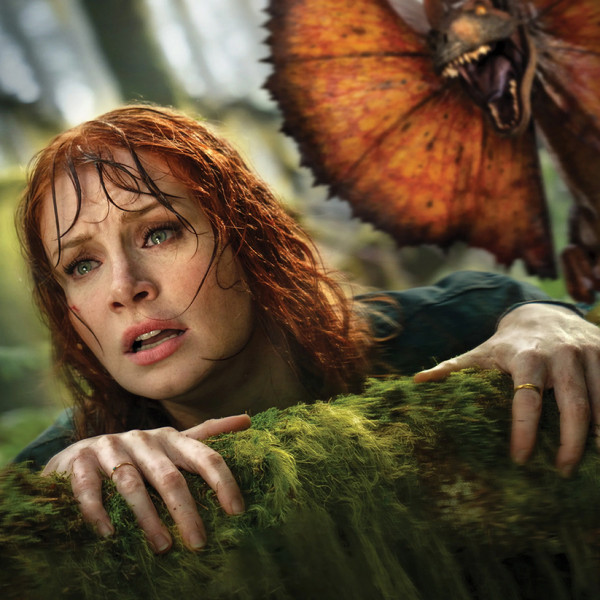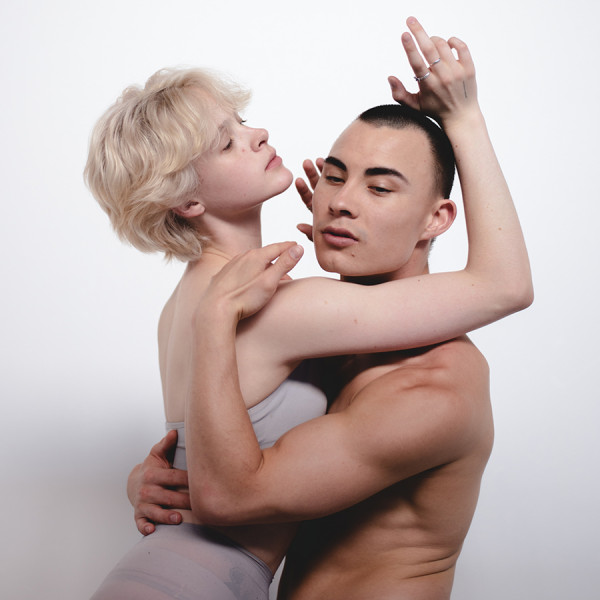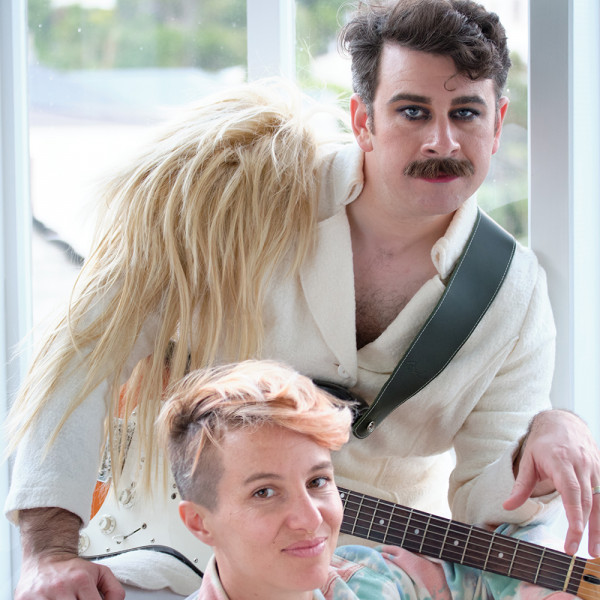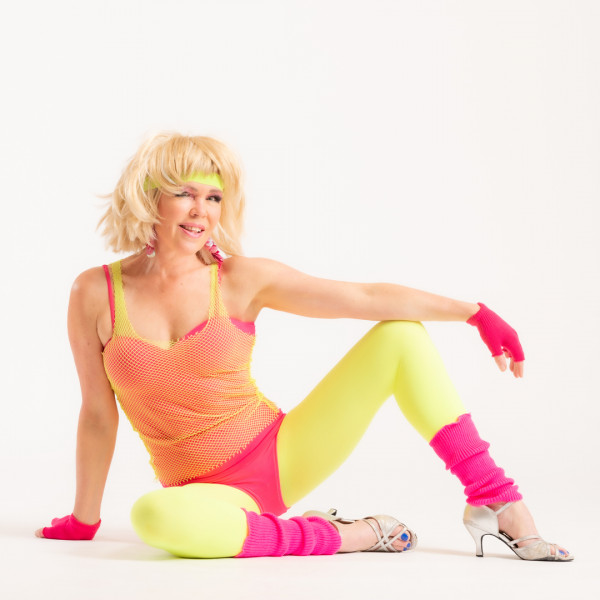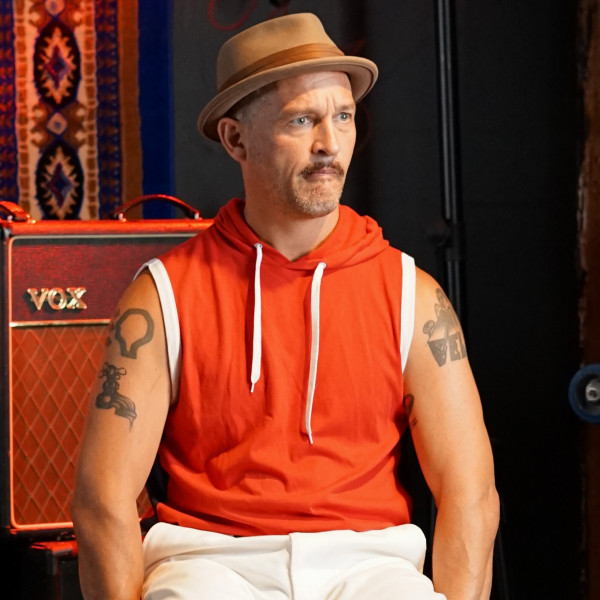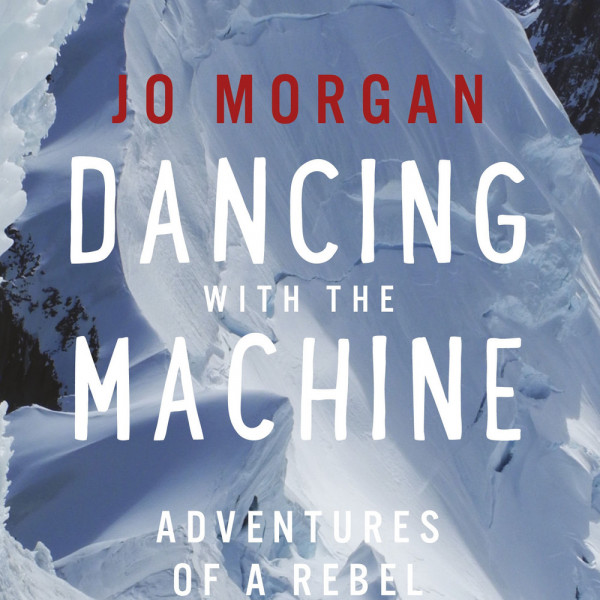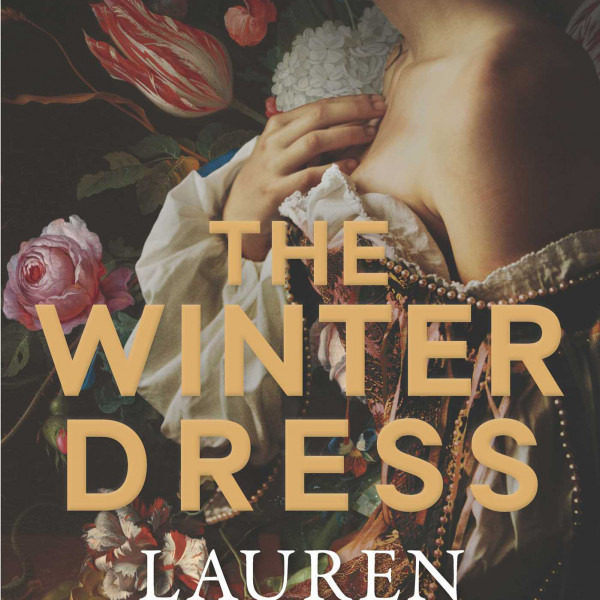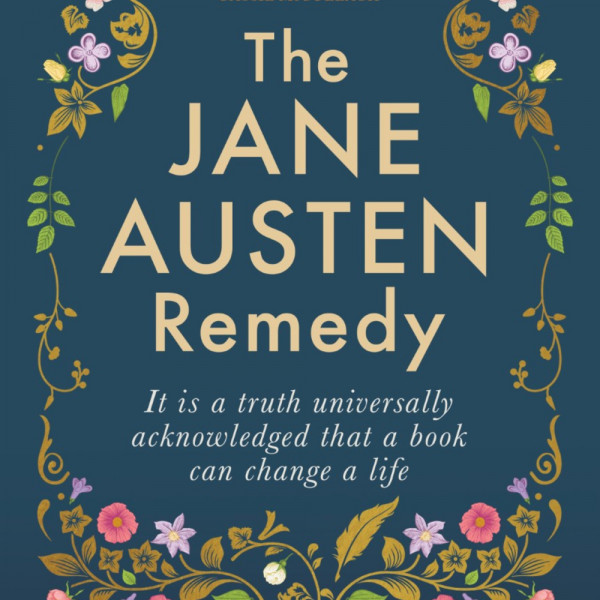
The Final Hours Hour
Written by: Ben Volchok
Directed by: Sandy Whittem
BATS Theatre, 14th Jun 2022
Reviewed by: Madelaine Empson
Alone in a dripping, derelict, dinghy basement at the end of the world, Victor Bravo (Ben Volchok) hosts a radio programme called The Final Hours Hour. It’s quite possibly the only radio programme on quite possibly the only radio station, Apocalypse FM. In the midst of a perpetual nuclear winter where the only thing that grows is onions, Victor endures with just a few things to keep him company. He has an old iPod, some tapes, a cassette player, a telephone, and an action figure with an onion for a head. Onion Boy watches on, bemused, while Victor valiantly insists: “It’s a beautiful day, it’s a beautiful day”.
Written before COVID but taking on a new meaning post-pandemic, The Final Hours Hour is an exploration of loss and loneliness, isolation and desolation. And onions. The onions are important. In fact, the smell of onions permeates the BATS Theatre Studio, especially after Victor blends them to make a banana milkshake sans banana, sans milk, and sans shake. Just onions, then.
The Final Hours Hour has a strong concept. We watch a man try and fail to distract himself in the unrelenting face of the apocalypse, and for brief interludes we too forget his inevitable fate. We have hope when he does. We laugh when he makes jokes, although he rarely laughs himself. And we – or at least I – become inextricably invested in The Continuing Adventures of Onion Boy, especially when a space alien gets involved. Volchok’s performance and speech work here are excellent.
The scope of Victor’s loss plays out painstakingly in an inspired and cluttered set, with sound and lighting design (all three by Volchok) emphasising place and hopelessness. The slow build is cut short by one extended scene of sorrow that doesn’t impact me as much as watching Victor just try, desperately, devastatingly, to carry on.
Humour and pathos balance precariously on diced onions in The Final Hours Hour. While they sometimes topple a tad, largely, they stand their ground.




